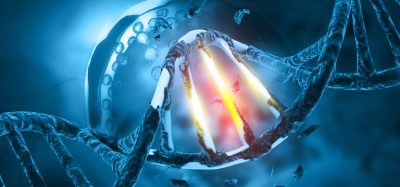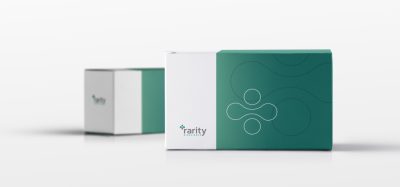Expert view: ddPCR whole cell DNA workflow efficiently measures success of CAR T-cell production
Posted: 10 September 2020 | Bio-Rad Laboratories | No comments yet
Not every step of CAR T-cell manufacturing can be tightly regulated, introducing some significant quality control challenges for companies developing CAR T cancer therapies
For example, when scientists transduce a population of T cells with the CAR gene using the virus, the transduction of the gene into the genome needs to be at a level that it does not have too many or too few events. Knowing the percent transduction efficiency of the cells helps ensure that the treatment is safe and effective.
Scientists typically use flow cytometry to detect transfection, but this method is not ideal for measuring the success of CAR T-cell generation. Flow cytometry requires about half a million cells for analysis; during the manufacturing process, scientists only have access to hundreds, or maybe thousands.
Fortunately, the Droplet Digital PCR (ddPCR) Whole Cell Workflow allows scientists to accurately count the number of transfected or transduced CAR T cells in a small sample. Unlike traditional ddPCR workflows, this workflow can directly measure the population of cells that have one or more copies of the CAR transgene and can therefore measure the overall transfection/transduction rate in a population of cells. Relative to flow cytometry, this workflow is simpler (given the lack of cell staining) and can be employed at several stages in the CAR T-cell manufacturing process, including before expansion and immediately after introduction of the transgene. With more frequent testing, scientists can ensure the transgene is still integrated into the genome after subsequent manufacturing steps.
Scientists evaluating the best viral construct for transfecting the CAR gene cannot use flow cytometry to track all of the constructs either (researchers do not necessarily have an antibody for each of the constructs they are testing). Conversely, the ddPCR workflow can track integration of the transgene directly, helping researchers improve their manufacturing techniques. Altogether, this workflow removes the uncertainty in the CAR T-cell manufacturing process by guaranteeing the development of effective CAR T cells.
Related topics
Flow Cytometry, Gene Therapy, Genomics, T cells
Related organisations
Bio-Rad Laboratories








